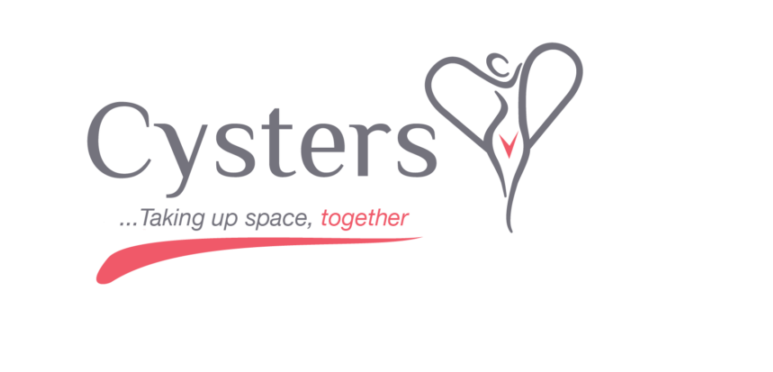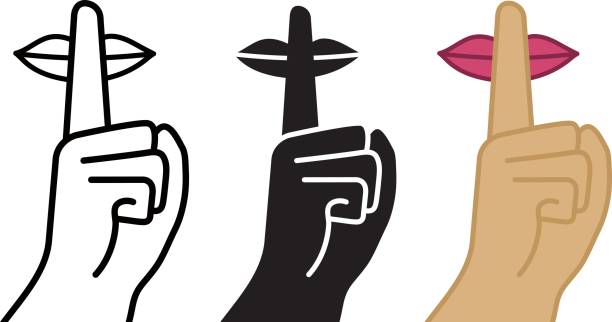
– Cheryl Eder
One in ten people have endometriosis, a disease that is painful and chronic having a destructive effect on daily life for those who live with this disease.
I am one in ten.
I started researching endometriosis as part of my endometriosis diagnosis and my wanting to know more about how to live with this disease. As I reached out and started to join support groups and networks, I became aware of how others’ stories of endometriosis were similar to mine in that there were major diagnostic delays, and reports of pain and other symptoms often being normalised and not taken seriously.
I became aware from social media posts that transgender people and men have endometriosis, although in most of the information I had read they referred to endometriosis being a women’s disease.
This struck me as I read these posts as I felt that these voices seemed to have been excluded and may need to be heard. In a blog, Stovicek (2018) describes how a transgender man living with endometriosis experienced discrimination and how he has had his endometriosis compounded because of his transition.
Currently, there is little research on transgender men with endometriosis, with only a few studies. I value people’s stories and so very much their voice and experience. Wanting to do a PhD, I decided to try and see if I could add to research by sharing the experiences of transgender men living with endometriosis.
Chadha (2020, para. 1) stated in an endometriosis blog that ‘Our stories, faces and presence are missing from mainstream societal narratives’ as she describes how marginalised groups, such as people who are ‘brown, black and/or transgender’ (Chadha, 2020, para. 2) are not represented in endometriosis work. This highlights the need for marginalised groups, such as transgender men who have endometriosis to be able to share their experiences and the need for further research in this area. In this study I aim to share voices that are missing in research.
Although there are a few studies on transgender men with endometriosis, there are currently no studies that explore what it is like for transgender men to live with this disease. In this study I aim to explore transgender men’s experience of living with endometriosis, their experience with healthcare for this disease, their experience of psychosocial support and their experiences of their integration into the endometriosis community.
I aim to gain rich descriptions of research participants’ experience and therefore participants will be required to take part in three interviews and keep a diary. Interviews will be conducted online at a time that is convenient for the participant. Confidentiality will be maintained and the use of pseudonyms will be used to protect participant’s identity.
If you identify as a transgender male, have been diagnosed with endometriosis, are eighteen or older and you are interested in being a participant please make contact with Cheryl Eder (cje@live.co.za ).
You are also welcome to contact me with any further questions.
References
Chadha, N. A. (2020). Viewpoint: If representations of endometriosis are not intersectional, they are damaging and inaccurate. Discover Society. https://archive.discoversociety.org/2020/06/03/viewpoint-if-representations-of-endometriosis-are-not-intersectional-they-are-damaging-and-inaccurate/
Stovicek, A. (2018). He is 1 in 10: A trans man shares what life is like with endometriosis. Endofound. https://www.endofound.org/he-is-1-in-10-a-trans-man-shares-what-life-is-like-with-endometriosis


